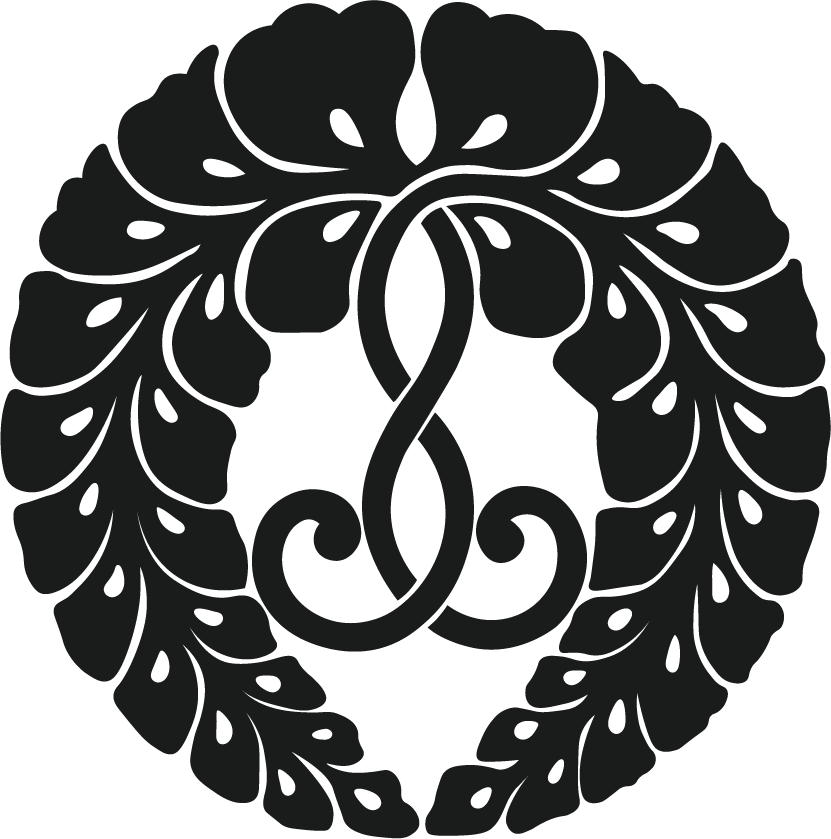Fall O-Higan: Finding a Balance in Life
By Rev. Matt Hamasaki | Ministers Blog
This month, we will be observing Fall O-Higan which happens during the fall equinox, when the day and night are the same amounts of time. This balance is a signal to us to reevaluate the balance in our lives and reflect on our recommitment to the Buddhist teachings. Higan is translated as “other shore,” meaning that we are on the ocean of life and death, coming from the shore of ignorance and heading toward the other shore of nirvana.
As Jodo Shinshu Buddhists, we don’t believe that we can attain enlightenment in this life. We are too possessed by worldly passions and ego-self that we are unable to let go of the material things that cause us suffering. However, this is not to say that we cannot benefit from the other shore before we get there.
There is a metaphor in Buddhism for the “middle path” which is meant to teach us to stay away from extremes, such as eternalism (that everything has an unchanging self) and nihilism (that nothing actually exists) in order to understand the true reality of our existence. This is applied to many different concepts in Buddhism and life in order to help us strike an appropriate balance.
For this month, I’d like to focus on the middle path between our everyday world and the world of nirvana. To think that these are two different realms of existence would be mistaken. But to think that they are also the same would be wrong as well. It gets quite confusing, but suffice it to say that both are important, and you cannot have one without the other.
In our everyday life, we must use words and ideas to get anything done. For instance, we use the term “car” to refer to the vehicle that takes us to work. If we were to disassemble our car to look for what makes it a “car,” we wouldn’t be able to find anything.
The true reality is that it is made up of different things that, when assembled a certain way, we attribute a “car-ness” to. But when we need to tell someone that we’re putting gas in the assortment of plastic and metal pieces that make up the vehicle that takes us to work, it’s easier just to say “car.” Still, it is necessary for us to take the time to contemplate the true reality of things.
Although we may never achieve an unceasing realization of enlightenment, it isn’t to say that enlightenment is not already all around us, calling to us.
So, hopefully, we quiet our minds for a second and listen to the call. It isn’t the easy or even instinctual thing to do, but if we can try to “see” the other shore while we are on the way over, it can help make the journey smoother sailing.

